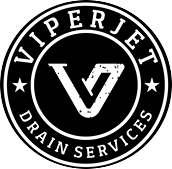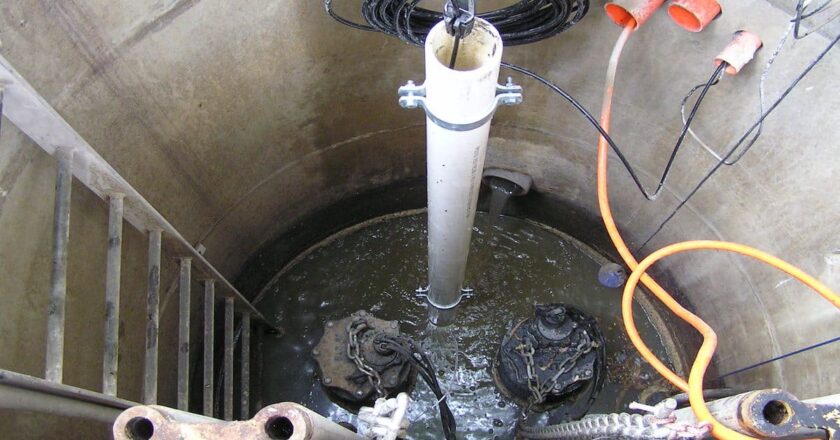Wet-well cleaning refers to the maintenance process of cleaning and removing accumulated debris, sediments, and other materials from wet-wells, which are the underground or partially buried chambers that collect wastewater or stormwater before it is pumped to a treatment facility or discharged. Wet-well cleaning is important for several reasons:
- Preventing blockages and backups: Over time, debris such as sand, silt, grease, and trash can accumulate in wet-wells, leading to blockages in the pumping system. This can result in backups of wastewater or stormwater, causing overflows and flooding in the surrounding areas. Regular wet-well cleaning helps prevent these blockages, ensuring smooth and uninterrupted flow.
- Maintaining operational efficiency: Clean wet-wells allow the pumping system to function optimally. When a wet-well is filled with excessive debris or sediment, it reduces the capacity of the chamber, which means it can hold less wastewater or stormwater. This can lead to increased pump cycles, higher energy consumption, and potential wear and tear on the pumping equipment. By cleaning wet-wells, their capacity is restored, allowing the system to operate efficiently.
- Preventing odors and corrosion: Wastewater and stormwater often contain organic matter and chemicals that can decompose and produce foul odors. If wet-wells are not cleaned regularly, these odors can escape into the surrounding environment, creating unpleasant smells for nearby residents and workers. Additionally, accumulated debris can promote the growth of bacteria and other microorganisms, leading to the production of corrosive byproducts. Regular cleaning helps mitigate these issues, reducing odors and preventing corrosion.
- Ensuring worker safety: Wet-well cleaning is essential to maintain a safe working environment for personnel involved in maintenance and inspections. Accumulated debris can create hazardous conditions, such as slippery surfaces, toxic gases, and restricted visibility. By regularly cleaning wet-wells, potential risks are minimized, ensuring the safety of workers who enter these confined spaces.
- Protecting the environment: When wet-wells become overloaded or blocked, there is an increased risk of spills and overflows, which can result in the discharge of untreated wastewater or stormwater into nearby water bodies, leading to environmental contamination. Regular wet-well cleaning helps prevent these incidents, safeguarding the local ecosystem and water quality.
In conclusion, wet-well cleaning is crucial for preventing blockages, maintaining operational efficiency, preventing odors and corrosion, ensuring worker safety, and protecting the environment. Regular maintenance and cleaning of wet-wells are vital components of a well-functioning wastewater or stormwater management system. If you require wet-well cleaning and maintenance services, it’s recommended to consult with professional companies or contractors like ViperJet experienced in this field to assess your specific needs and provide appropriate solutions.

